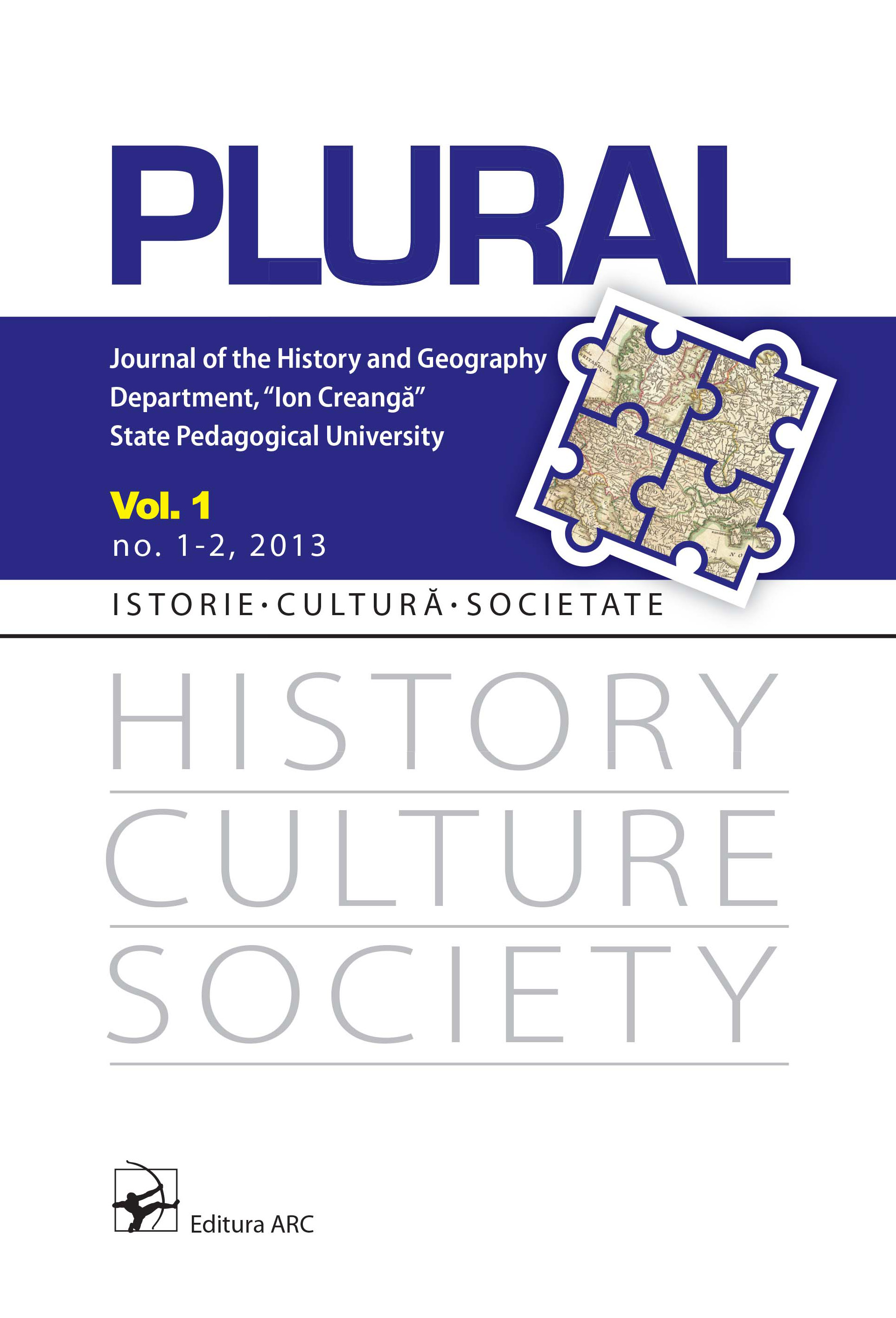Partition and Post-War Violence: Case Study of Moldova and Pridnestrovie
Partition and Post-War Violence: Case Study of Moldova and Pridnestrovie
Author(s): Carter JohnsonSubject(s): History, Special Historiographies:, Post-Communist Transformation
Published by: Facultatea de Istorie și Geografie, Universitatea Pedagogică de Stat „Ion Creangă”
Summary/Abstract: Partition advocates argue that ethnic groups must be separated completely in order to prevent renewed violence but Moldova is an exception with its large “stay-behind” minority and a lack of renewed violence. This chapter uses Moldova to develop partition theory, presenting an institutionalist explanation that focuses on the interaction between state-building and minority collaboration in a post-war context. The chapter argues that strong state institutions create an incentive for ethnic minorities to collaborate with the state, regardless of minority preferences, and this helps maintain peace. The case of Moldova reinforces the importance of state-strength in avoiding interethnic conflict renewal. Both Pridnestrovie/Transnistria and Moldova were a relatively strong state, which is unusual in a post-war, post-partition situation,and these relative strengths reduced the likelihood of conflict recurrence.
- Issue Year: I/2013
- Issue No: 1-2
- Page Range: 180-189
- Page Count: 10
- Language: English

